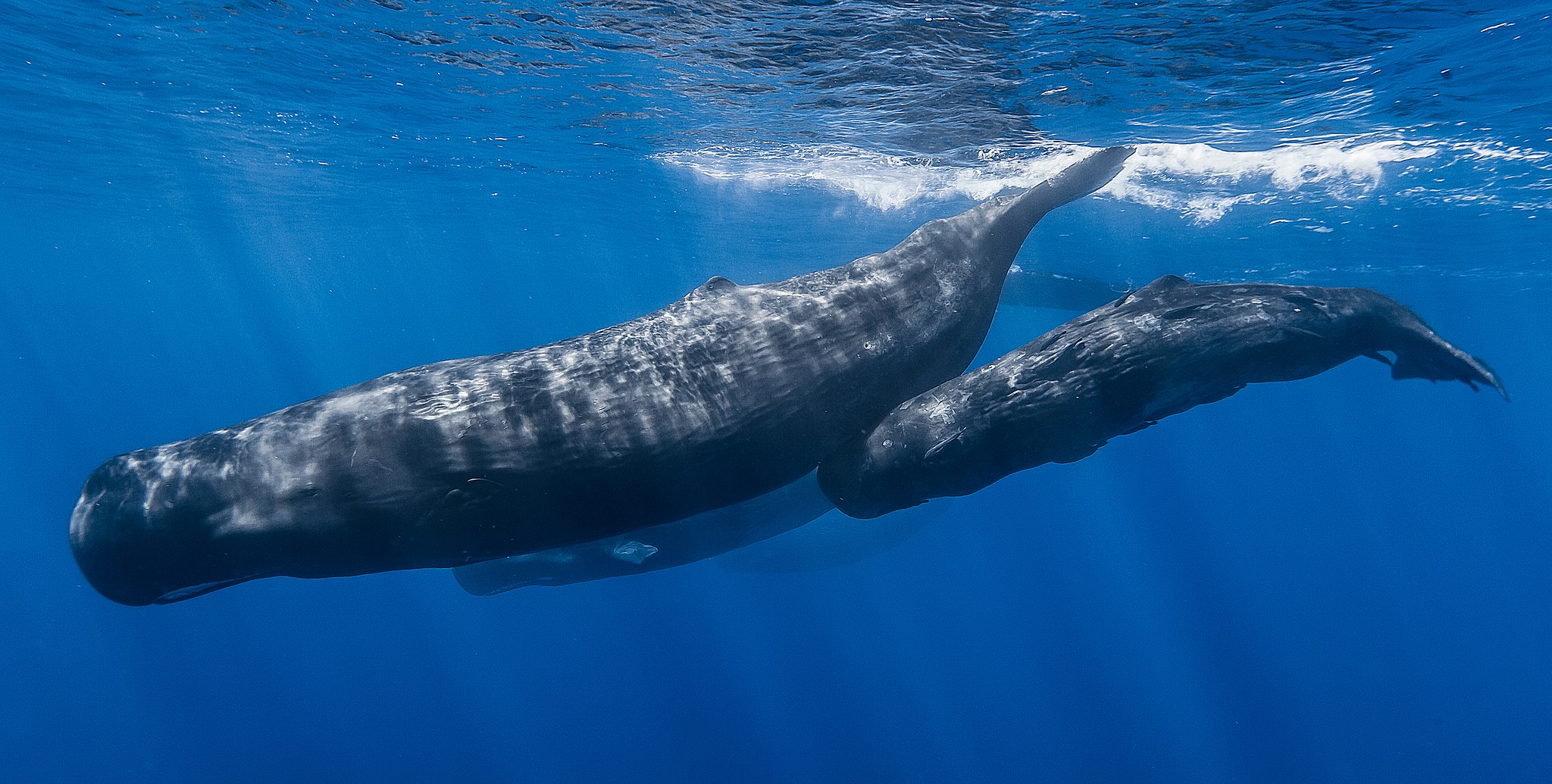
Do Oceans Have the Potential To Reverse Climate Change?

A quick search about climate change, marine conservation or oceanic ecosystems is enough to tell us that the underwater environment is depleting much quicker than we had anticipated. Global warming has led to tremendous damage of the marine ecosystem and biodiversity loss has increased.
A study found that if the climate crisis goes unchecked, global temperature will rise by 4℃ in the next 80 years (by 2100). The thing with climate change is that small numbers, spaced over a considerable amount of time for a human’s life seem harmless and encourage ignorance towards the issue. But the crisis is imminent and pervasive. This 4℃ rise translates to about 15% of ecosystems facing an “abrupt exposure event”, where the species in these ecosystems will cross their threshold, go extinct and start a domino effect on ecosystem damage, which a hundred per cent, will be irreversible. Between 2000-2065, more species of plants and animals will go extinct than we lost in the last 65 million years.
Given the rise in oceanic temperatures and growing acidification, marine ecosystems will be the first. The Great Barrier Reef could be the first ecosystem to collapse within 20 years from now.
However, maintaining the temperature rise to less than 2℃, as set by the Paris agreement, will only expose 2% of ecosystems to the change. Mass scale urgent action taken by governments, industries and giant corporations is what can save catastrophic damage.
However, I have always maintained that nature can heal herself if given a chance – she already created the right conditions for our survival, and the intricacy of these processes is what we need to protect.
External URL: https://www.linkedin.com/posts/tamma-carel_sustainability-sdg14-sdgs-activity-6848937742009692160-TmSo
By Imvelo
400 Views
Recent Posts
- Explore the Impact of Verifying Carbon Capture Technologies
- ITS wins Supplier of the Year at the ISPE UK Affiliate Annual Awards
- Cembre MG4 | The Newest Thermal Printer for Identification & Labelling | Available From Thorne & Derrick
- Share your expertise at ICPVT15: International Conference on Pressure Vessel Technology
- Minimising GWR Probe Build Up with the Magnetrol Eclipse 706
Back to News >



